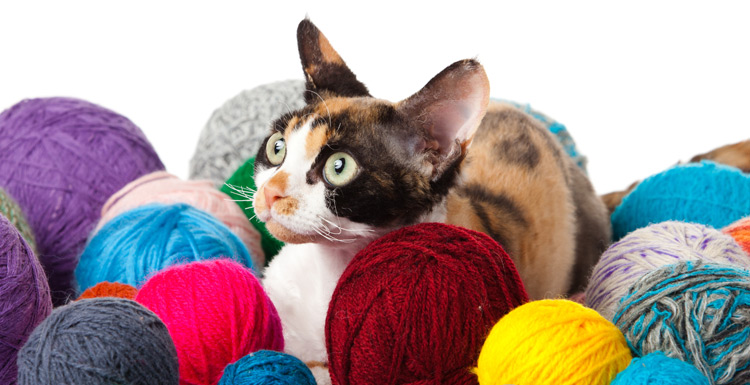
What to expect when talking to a Breeder
Once you’ve found a Breeder you’re interested in working with, you need to approach them as an informed buyer — even among Breeders who are responsible, there are (as in all things) better and worse people to do business with. At some point in your inquiry (sooner or later depending on the Breeder,) you will likely be asked to fill out an information form – but you can ask questions of the breeder as well.
Ask what association or associations the Breeder works in, and in which their cats are registered. The legitimate associations (TICA, CFA, CCA, FIFe) are linked on the Resource page. Beware of others – there definitely are various “registering bodies” that exist only to register cats from backyard Breeders and kitten mills; even if you never plan to show the cat, make sure that it’s registered within a well-known association. Ask the Breeder how often they show, and where you might be able to see some of their cats at an upcoming show.
If visiting the Breeder’s home or cattery, ask to see some of their cats – the parents of the kittens currently available, if possible. Pay attention to the health of the cats, and the condition of the facilities. Everybody has the occasional smelly litterbox, but in general cats should be healthy and happy, in clean well-maintained surroundings. If someone offers to meet you somewhere else with available cats, be very wary — many notorious backyard Breeders have sold a kitten out of their car in a parking lot or on aggregation websites like Hoobly or Oodle.
A reputable Breeder will not sell you a pet cat that is unspayed or unneutered unless its accompanied by a contract requiring you to have the cat spayed or neutered. It doesn’t happen. This is to protect the integrity of the lineage of the cats and the reputation of the cattery.
A reputable Breeder will not sell you a kitten under roughly 12 weeks of age (many prefer 16 weeks), as the kitten’s immune system is not fully developed.
Expect that the Breeder will have a number of questions for you regarding the ages of children (if any) in your household, other pets, particularly other cats, your veterinarian, whether you allow any pets outside, etc. The Breeder is selling you a baby that means a lot to them personally, and they are concerned about it’s welfare. Don’t take the Breeder’s inquiries personally.
Regarding pricing – most show Breeders will want to know a lot about you before discussing prices with you; this often seems somewhat unusual. The Breeder’s concern is the welfare of the cat first, and price may be secondary. By the time you bring a kitten home, the Breeder has likely had 1 or 2 vaccinations administered and a vet check done. The Breeder has also paid registration fees for litters and individual cats, cat club dues, subscriptions to cat periodicals that keep the Breeder informed about the world of cats, business cards, photographs of the cat, cage curtains for shows, cat beds, toys, etc.
There is also a considerable time investment for the Breeder. Daily chores must be done; cleaning litter pans, feeding, watering, and grooming. The time spent traveling to shows. And the special times when a Breeder sits up all night waiting for a queen to deliver a litter, or when it’s necessary to attend to a sick cat. There is also the time required to type up pedigrees, fill out registration papers, fill out entries for shows, and keep records on the cats. When you purchase a pedigreed kitten the Breeder has already invested a great deal of money and time, to produce that kitten. They have put heart and soul into offering happy and healthy purebred kittens. Expect a pet quality kitten to be upwards $1200 or more. But remember – your Breeder will be your contact for the life of your cat.
